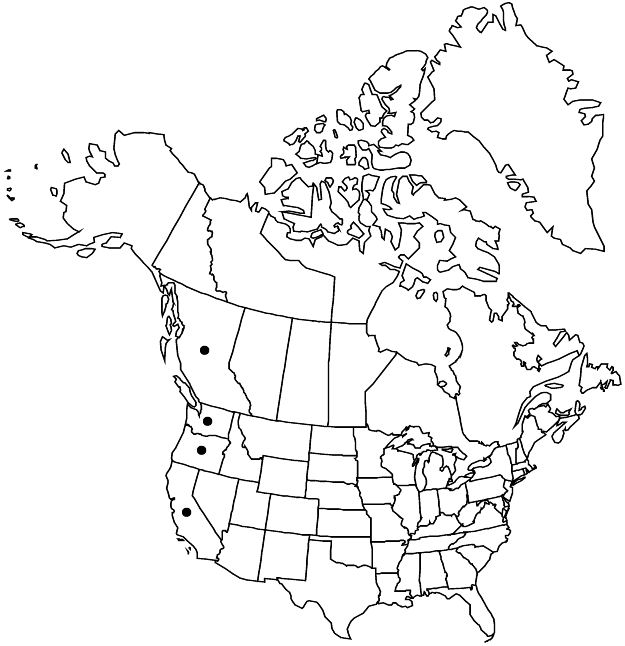Difference between revisions of "Rubus lasiococcus"
Proc. Amer. Acad. Arts 17: 201. 1882.
FNA>Volume Importer |
imported>Volume Importer |
||
| (One intermediate revision by the same user not shown) | |||
| Line 51: | Line 51: | ||
|publication year=1882 | |publication year=1882 | ||
|special status=Endemic | |special status=Endemic | ||
| − | |source xml=https:// | + | |source xml=https://bitbucket.org/aafc-mbb/fna-data-curation/src/2e0870ddd59836b60bcf96646a41e87ea5a5943a/coarse_grained_fna_xml/V9/V9_56.xml |
|subfamily=Rosaceae subfam. Rosoideae | |subfamily=Rosaceae subfam. Rosoideae | ||
|tribe=Rosaceae tribe Rubeae | |tribe=Rosaceae tribe Rubeae | ||
Latest revision as of 22:57, 5 November 2020
Herbs, 1–1.5 dm, unarmed. Stems creeping, flowering branches erect, sparsely hairy, eglandular or sparsely to moderately short-stipitate-glandular, not pruinose. Leaves deciduous, simple or ternate; stipules broadly elliptic to ovate, 5–10 mm; leaflets 3(–5), blade reniform or orbiculate, terminal lobe or leaflets broadly obovate to obovate-cuneate, 1.5–4(–6) × 1.5–4(–6) cm, base cordate, 3(–5)-lobed, margins coarsely doubly dentate, apex rounded to acute, abaxial surfaces sparsely hairy on veins, eglandular. Inflorescences 1–2-flowered. Pedicels sparsely to moderately hairy, short-stipitate-glandular. Flowers bisexual; petals white, broadly elliptic to obovate to orbiculate, (5–)8–10(–12) mm; filaments filiform; ovaries densely hairy, styles filiform, glabrous. Fruits red, hemispheric, 1 cm; drupelets 5–15, weakly coherent, falling separately or as loose units free from torus. 2n = 14.
Phenology: Flowering May–Aug.
Habitat: Moist to dry, semiopen forests, wet meadows, roadsides, dry sand
Elevation: 800–2000 m
Distribution

B.C., Calif., Oreg., Wash.
Discussion
Rubus lasiococcus is recognized by its creeping, unarmed stems, simple 3-lobed to 3-foliate leaves, small flowers, white petals, and densely hairy ovaries.
Selected References
None.